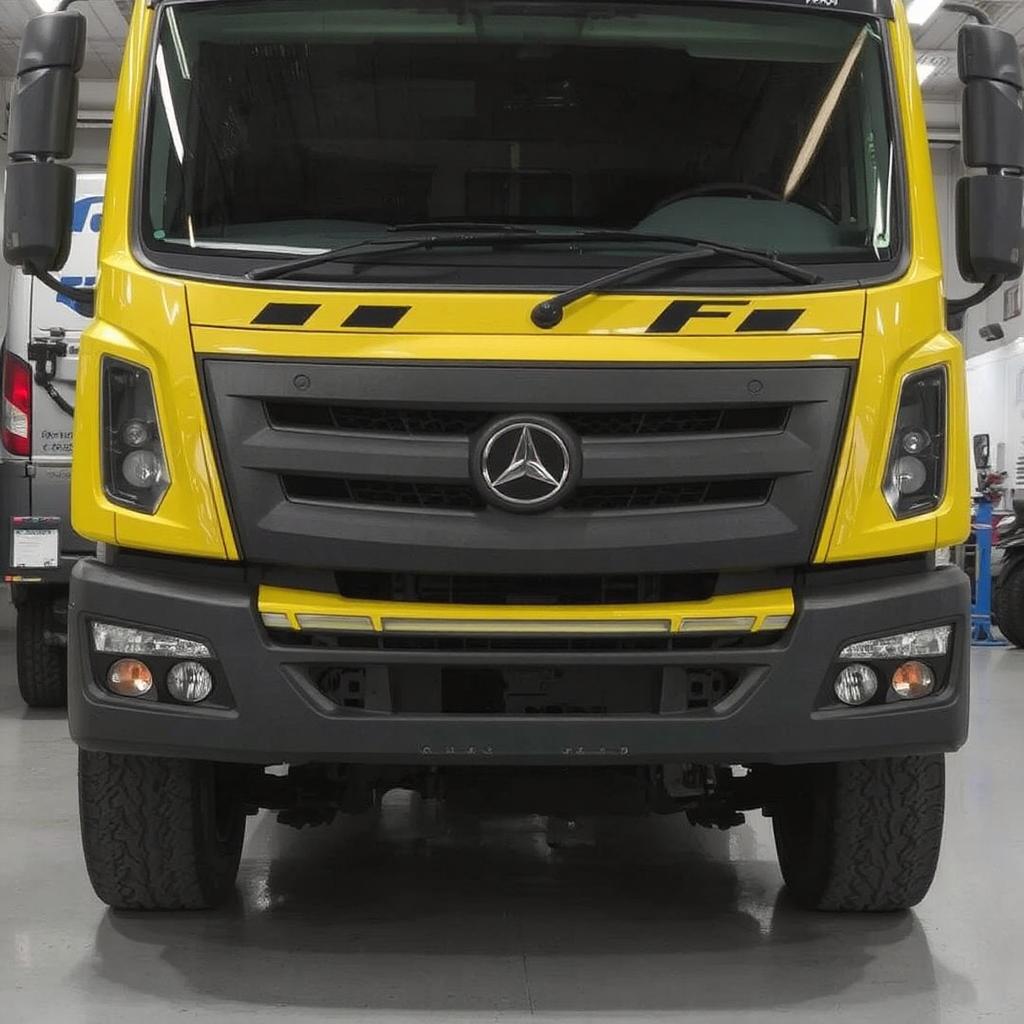How to Choose the Right Air Suspension System for Light Commercial Vehicles (LCVs)
Air suspension systems have become an essential upgrade for light commercial vehicles (LCVs), providing smoother rides, improved load management, and better overall performance. However, selecting the right air suspension system for your LCV involves understanding various factors like load requirements, driving conditions, and cost considerations. In this guide, we’ll walk you through the steps to make the best choice for your vehicle.
1. Understand Your Vehicle’s Load Requirements
- Payload and Weight Capacity: Assess your LCV’s usual load capacity. Different air suspension systems are built to handle varying weight ranges, so choosing one that aligns with your vehicle’s maximum payload is crucial.
- Load Distribution: Consider whether the load is balanced or primarily over one axle. An air suspension system optimized for your vehicle’s specific load distribution will help prevent overloading and enhance stability.
2. Consider the Type of Driving Conditions
- Urban vs. Highway Driving: If your LCV mostly travels on highways, a suspension system that provides stability at higher speeds is ideal. For urban routes, focus on systems designed for frequent stops and variable loads.
- Off-Road or Rough Terrain: For rough or off-road conditions, choose an air suspension that offers robust shock absorption to reduce wear and tear on your vehicle and increase driver comfort.
3. Choose Between Manual and Automatic Systems
- Manual Air Suspension: This system requires manual adjustment of the air pressure. It’s generally more affordable but may require more effort and expertise to manage.
- Automatic Air Suspension: An automatic system adjusts the air pressure based on load and road conditions. Though more expensive, it offers convenience and consistency, making it a great option for heavy or varied loads.
4. Research Top Brands and System Compatibility
- Brand Reliability: Look into reputable brands known for high-quality LCV air suspensions. Popular brands often offer longer warranties, excellent customer service, and spare parts availability.
- Vehicle Compatibility: Not all air suspension systems are universally compatible with every LCV model. Verify compatibility to avoid installation issues and performance problems.
5. Evaluate Additional Features
- Adjustable Ride Height: Some air suspension systems allow you to adjust the vehicle’s height. This can be useful for loading/unloading cargo and navigating uneven terrain.
- Shock Absorption and Dampening: Advanced systems provide extra shock absorption, ideal for protecting sensitive cargo and enhancing driver comfort.
- Remote Control or Mobile App Integration: Newer systems come with mobile apps or remote controls, enabling you to adjust settings on the go.
6. Check for Ease of Installation and Maintenance
- Installation Complexity: Some air suspension kits are easy to install, while others require professional installation. Determine whether you’re comfortable with DIY or need a professional.
- Maintenance Needs: Different air suspension systems have varying maintenance requirements. Opt for systems with easy access for maintenance, as it can save time and money in the long run.
7. Review Customer Feedback and Testimonials
- Customer Reviews: Look up customer reviews for performance, durability, and ease of use insights. Real-world feedback can provide a better understanding of the product.
- Professional Recommendations: Consult with a professional mechanic or air suspension specialist, especially if you’re unsure. They can offer insights into what has worked best for similar vehicles.
8. Consider Your Budget and Long-Term ROI
- Initial Cost vs. Long-Term Benefits: Although premium air suspension systems may have a higher upfront cost, their durability, and improved performance can save money over time by reducing maintenance costs.
- Fuel Efficiency and Reduced Wear: Some air suspension systems improve fuel efficiency and reduce wear on other vehicle components, offering a better long-term return on investment.

Conclusion
Choosing the right air suspension system for your LCV is all about balancing load requirements, driving conditions, and budget while considering your vehicle’s specific needs. The right system will improve your LCV’s performance, make each ride smoother, and enhance safety—ultimately benefiting your business and vehicle longevity.
